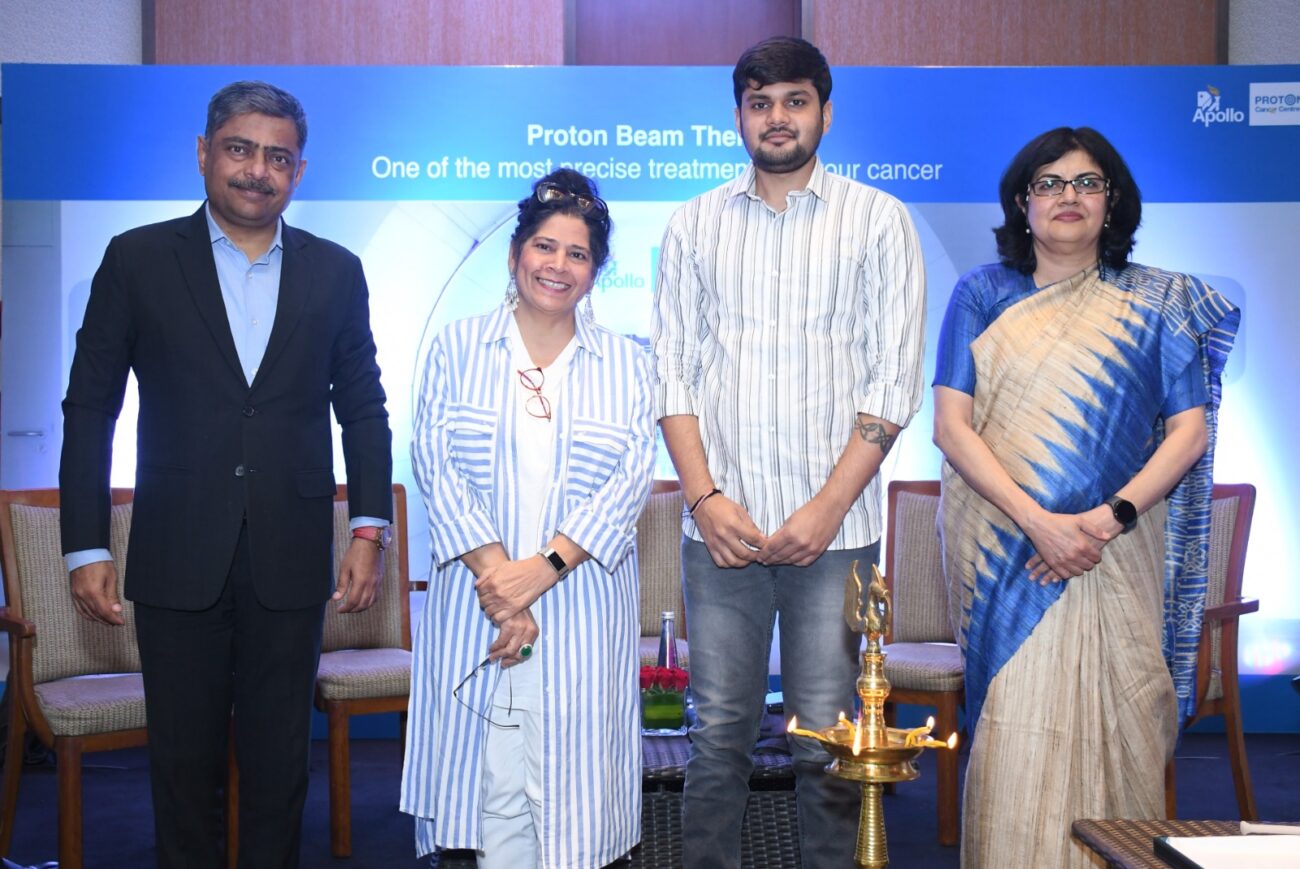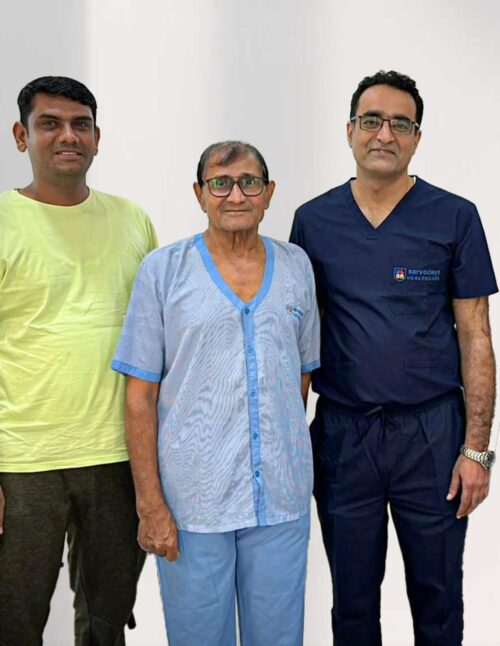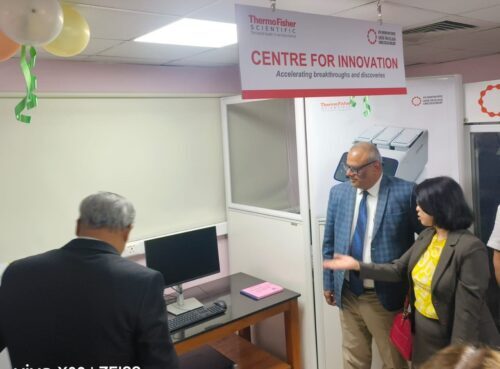Proton Beam Therapy, a revolution in radiation oncology, brings a new ray of hope to cancer patients
Patients treated with Proton Beam Therapy share their successful experience With the mission to provide the most comprehensive and advanced cancer care in India, Apollo Proton Cancer Centre (APCC), the first and only proton therapy

- Patients treated with Proton Beam Therapy share their successful experience
With the mission to provide the most comprehensive and advanced cancer care in India, Apollo Proton Cancer Centre (APCC), the first and only proton therapy centre in South Asia and the Middle East, has successfully treated a 62-year-old woman from Delhi with proton beam therapy (PBT) for a different type of rare brain tumour.
Ms. Nikhat Khan, a 62-year-old lady, with complaints of diabetes mellitus and hypertension, was evaluated with headache and diplopia in April 2022 and numbness on the left side of her face since June 2022. After conducting several tests, it was concluded, she had a brain tumour at the base of the skull. Ms. Khan was advised adjuvant radiation with proton therapy in view of the location of the tumor (base skull) and proximity to nearby vital structures like hippocampus, brain parenchyma, bilateral temporal lobes, optic apparatus, and parotids. Post the course of radiation therapy and surgery, the patient was discharged with a healthy report.
In India, the estimated number of cancer incident cases in 2022 is 14,61,427. According to the Indian Council of Medical Research’s National Cancer Registry Program (NCRP) report released in 2020, the estimated number of new cancer cases in Delhi in 2020 was around 35,422. The report also mentioned that the incidence rate of cancer in Delhi was 110.3 per 100,000 population. The most common types of cancer in the Capital were reported to be breast cancer, cervical cancer, oral cavity cancer, lung cancer, and colorectal cancer.
According to the International Association of Cancer Registries (IARC), over 24,000 people die each year because of brain tumours. So far, the APCC has treated over 300 cases of brain tumours, 24 of which are from New Delhi.
Dr Sapna Nangia, Senior Consultant, Radiation Oncology, Apollo Proton Cancer Centre, Chennai said “Proton beam therapy represents a very sophisticated form of modern radiation therapy, offering the highest degree of precision and efficacy in cancer treatment. The Apollo Proton Cancer Center employs the latest technology in pencil beam scanning, which allows for spot-by-spot and layer-by-layer delivery of proton beams to the tumor site while minimizing exposure to surrounding healthy tissues. This approach is particularly advantageous for tumors located in sensitive areas such as the base of the skull or lung, where traditional radiation therapy may cause significant damage to healthy tissue. Proton therapy has demonstrated excellent outcomes in curing or controlling many cancers while minimizing both immediate and long-term side effects of treatment. Ultimately, proton therapy not only improves patients’ chances of survival but also enhances their quality-of-life post-treatment.”
Ms Nikhat said, “I cannot thank the staff at Apollo Proton Cancer Centre enough for the much-required treatment I received during my cancer journey. The care and attention I received from my medical team and support staff were exceptional. They made me feel like I was their top priority, and the proton beam therapy yielded favourable results. I am grateful for their expertise, compassion, and dedication, which helped me to overcome my illness and return to a healthy life.”
“My treatment for cervico-medullary pilocytic astrocytoma at APCC was a holistic experience. The doctors and clinical staff were very considerate of my choices and had a detailed treatment plan in place. Intensity-modulated proton therapy was a game changer in my battle with a brain tumour. The environment was such that I didn’t feel like a hospital,” says Mr Navadiya Jemin Mansukhbhai, who was treated at APCC.
The major advantage of proton therapy treatment is that protons slowly deposit their energy as they travel towards the cancerous tumour and deposit most of the radiation dose directly in the tumour without damaging the body further thus maintaining healthy tissues and organs without any complications. Proton therapy has been shown to have excellent local control of various cancers located in some of the most difficult areas such as skull-base regions of the body which are otherwise difficult to treat. The latest breakthroughs in this technology including pencil beam scanning, highly precise image guidance and tremendous refinements in the machine set up have led to the adoption of this technology throughout the world in hospital settings in the last few years.
Proton therapy is being encouragingly adopted for the treatment of various cancers such as brain and spine tumours, skull base tumours, oral cancers, gastro-intestinal cancers, bone and soft tissue tumours, breast cancers, thoracic cancers (lung cancer), genitourinary cancers (prostate cancer) and predominantly in paediatric cancers except for leukaemia.






